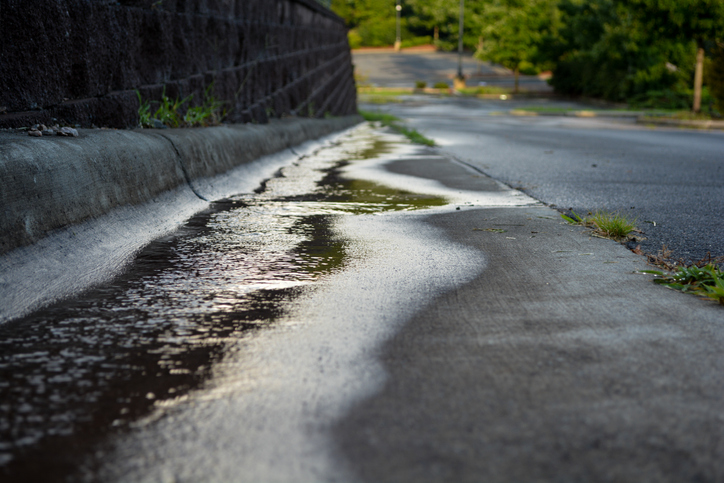The regulated industry needs to be aware that the U.S. EPA, last week, published its proposed 2020 National Pollutant Discharge Elimination System (NPDES) Multi-Sector General Permit (MSGP). The MSGP authorizes stormwater discharges associated with industrial activities in areas where EPA is the permitting authority.
Under Section 402(p) of the Clean Water Act, EPA has been directed to regulate stormwater discharges under the NPDES program–the program by which EPA and authorized states grant permits for discharges from a point source. The MSGP is a general NPDES permit that allows for facilities to apply for coverage under the MSGP rather than apply for an individual NPDES permit. It is a general permit that authorizes stormwater discharges associated with a wide range of facilities and activities. See 40 CFR 122.26(b)(14). Importantly, the MSGP dictates the application of the NPDES program for these activities in those states where EPA is the permitting authority (which includes Idaho, Massachusetts, New Hampshire, New Mexico, the District of Columbia, Indian country lands, and other select U.S. territories and jurisdictions); further, since many of the remaining states model their programs on the federal program, the proposed revisions would have broad-sweeping impact over stormwater discharge permitting throughout the nation.
The proposed 2020 MSGP includes revisions to the 2015 MSGP pursuant to a 2016 settlement with a coalition of environmental organizations who petitioned for review of the 2015 MSGP. The settlement agreement stipulated several key terms for the EPA to address in the proposed 2020 MSGP, including the consideration of recommendations by the National Academies of Sciences, Engineering, and Medicine’s National Research Council (NRC) regarding improvements in MSGP benchmarking monitoring requirements, and preventing recontamination of sites that have or are undergoing remedial measures under CERCLA, and more. These considerations led to the development of the proposed 2020 MSGP, which includes a number of new or modified requirements.
Some of the most significant changes in the proposed 2020 MSGP include:
1. Streamlining and simplification of language and formatting throughout the permit to present the requirements in a clearer and more readable manner
2. Eligibility requirements for stormwater discharges related to federal CERCLA sites, operators who use coal-tar sealcoat, and for operators that have a pending enforcement action against them by EPA, a state, or a citizen
3. New public signage requirements
4. Required consideration of implementing enhanced measures for facilities located in areas that could face higher risk from stormwater discharges during major storm events
5. Updates to existing sector-specific fact sheets about stormwater pollution prevention
While the proposed 2020 MSGP is still subject to the public comment process–and public comments may be submitted now through May 1, 2020–it is important for facility operators to take note of the proposed changes. This is because the current MSGP is set to expire on June 4, 2020, and facilities that are currently covered by the 2015 MSGP will need to reapply for coverage under the new 2020 MSGP. Once the new MSGP takes effect, facilities operating under the permit will need to comply with the final changes or else face potential enforcement actions or citizen suits. Facility operators can become familiar with the potential new requirements now in order to take proactive steps at compliance and to minimize the risk of litigation or administrative penalties down the road.

